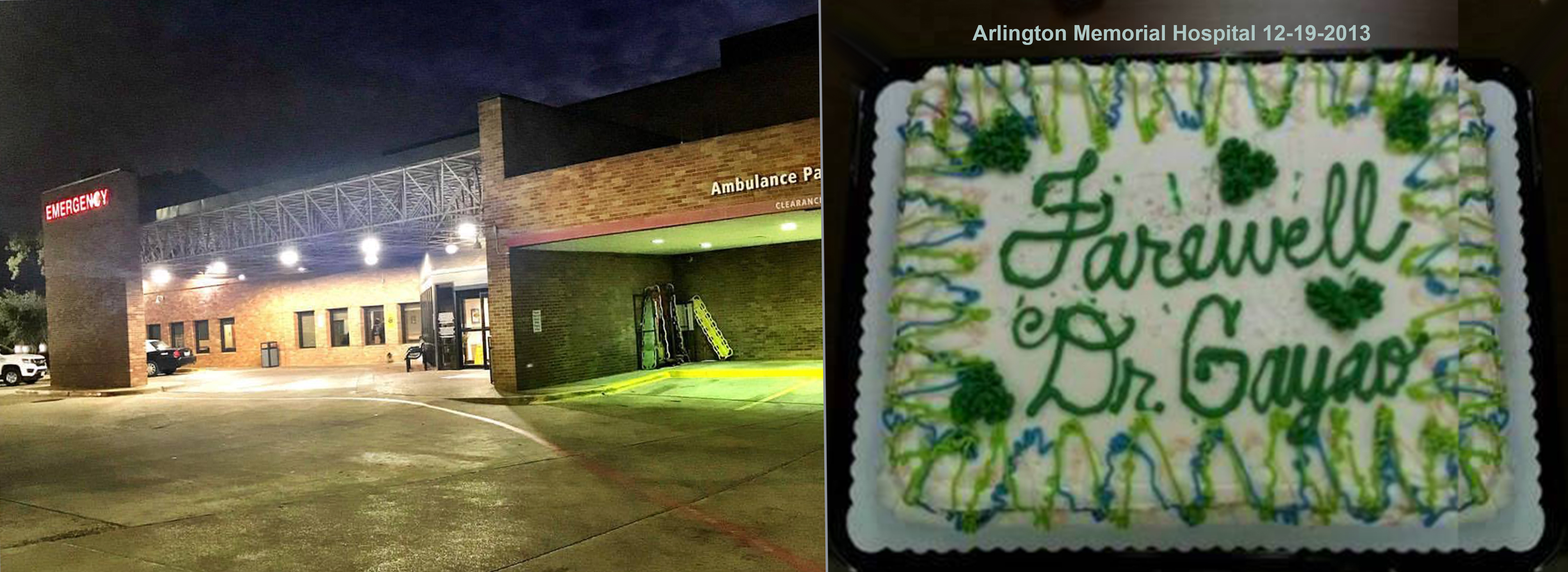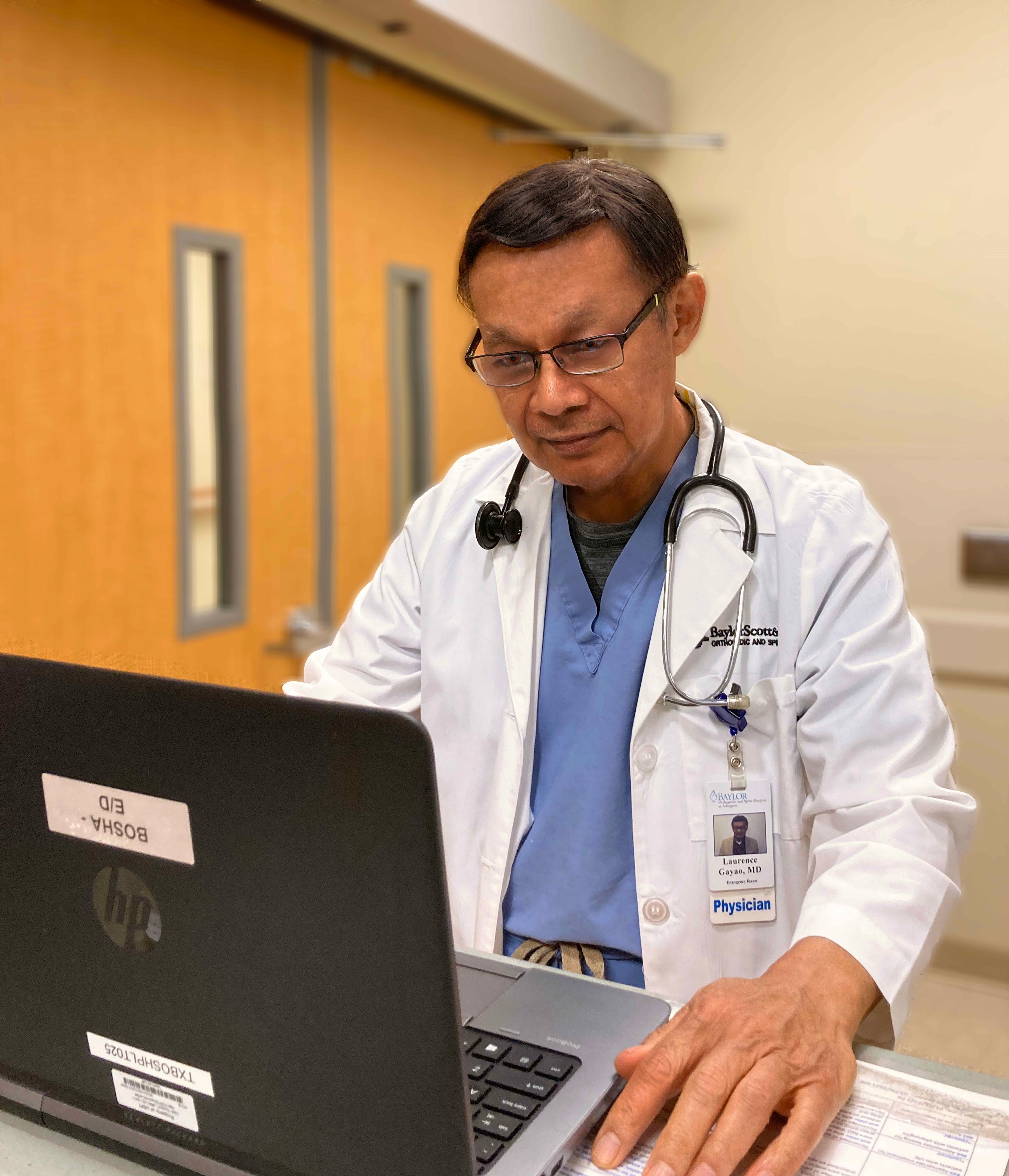“Most seniors don’t have cognitive impairment or dementia. Of Americans 65 and older, about 20 to 25 percent have mild cognitive impairment while about 10 percent have dementia,” according to Dr. Kenneth Langa, an expert in the statistics of aging and a professor of medicine at the University of Michigan.
When I was working in an emergency room of a large medical center, it was nice to have the comfort of having the support of doctors in various medical specialties. It was reassuring to know that if you were in a bind, they were there to bail you out. Through the years, you learn from being around them, especially procedures related to their expertise.
I remember consulting a neurosurgeon about a critical patient who had an acute bleeding in his brain and was deteriorating right before my eyes. He came to ER right away from his office which was right next to the hospital. After examining the patient and viewing the CAT scan, he told the family he needed to drain the blood from the bleeding site to relieve the pressure on the brain. He requested me to sedate the patient while he started shaving hair from the area of the head where he would bore a hole.

I sedated the patient with intravenous propofol a sedative and an anesthetic. After the patient was sedated he made a small incision in the scalp and with a bone drill bore a hole in the skull. He then inserted a small catheter into the hole and attached to a collection reservoir. Blood flowed out and after the sedation of the patient wore off, there was a dramatic improvement in the patient’s mental status. It was a simple life saving procedure I would have not known how to do it if I did not see it done first hand.
This knowledge would have come in handy for a physician working a small hospital in the boondocks where help is not available and time is import in saving the life of the patient. Through the years, I have learned from assisting specialists doing procedures in the ER. I don’t hesitate asking for help when I need it. I tell the specialist, “I need to pick your brains… or I need your expert opinion..”
One specialty that we did not have an on-call physician, was dermatology. The emergency room had a census of about 75,000 patients a year and is the third most busy ER in the Dallas-Fort Worth metroplex. As busy as we were, it was seldom that we needed the services of a dermatologist for an emergency condition. I consulted one of the dermatologist with an office nearby when I was not sure what I was dealing with and ask him if he could follow them up in his office. He would even would volunteer to come to ER to see the patient when he had time to do it.
As a physician, this dermatologist exceptional in dealing and treating patients. I even sent members of my family to see him for their skin problems over the years. Later, I develop some skin issues so I arranged an appointment to see him. When he saw me at his office, I greeted him, and he responded as though he did not recognize me. He also had a dull affect, and he did not dress as well as he did. He examined my skin with the aid of a magnifying lens and told me not to worry what you have on your back are age spots. About a week after my appointment, he closed his practice. I later heard that he was having some cognitive issues and had to retire.
To improve health care, it is important to understand and address challenges of cognitive issues facing aging physicians. Cognitive issues that develop with aging is of concern, especially when physicians are dealing critical issues that may affect the life of patients when a delay or wrong decision may result in irreversible damage or even death.
I hung-up my white coat and stethoscope at 67 years of age. After 4 months I got bored with taking trips and vacations, so I got a part-time job in a less busy ER. Eight years later I am still enjoying the luxury of a light workload and more free time with my family and my hobbies. In my current job, we have mandatory online continuing medical education. All our medical records, prescriptions, reports, scheduling are done with aid of computers. Physicians that have cognitive disorders would have a hard time keeping up with the technology to perform their work. This has led some of us to change jobs or retire completely.

I work now in Baylor Scott and White Orthopedic and Spine Hospital, so most of the patients I see are elderly and a good number of them are younger than me. I am surprised when some of them would tell me, “Doc, someday when you get my age you’ll know how tough it is to get old.” I also see people in the nineties healthy, sharp, driving around and living at home.
Being exposed to these groups people has given me the incentive to take care of myself to maintain my health. I make sure I exercise 6-7 hours a week. Limit my caloric intake to what I need, by avoiding empty calorie foods, regular sleeping hours and not waste my time stressing and worrying about things many of which I could not change. I thank God I don’t worry and stress as a result I of my faith that “All things work together for good to them that love God, to them who are the called according to his purpose.” It is important to make taking care of oneself a priority and not live it to chance. Many wait till a disaster hits them before they make it a priority. You don’t have to get a stroke, heart attack, diabetes to change your lifestyle.
I vividly remember a patient that I saw for the first time early in my career. She came in to my office, well dressed and had a vibrant personality. I saw in her chart she was 88 years of age. In course of taking her medical history, I asked her how she spent her days. Without hesitation she replied, “On Monday’s I clean up my home and take care of my garden. Tuesdays I drive out of town to play bridge with my friends. On Wednesdays, I volunteer with friends at our church. l also volunteer on Thursdays at the old folks’ home to take care of those elderly folks. On Fridays I do my home chores, shopping and go to a beauty shop. For my Saturdays and Sundays they are for family and church.” So I asked her what I could do for her, she replied, “I just need a check over to make sure I could go on for another year.”
Do I feel old? Thank God, not really. Does it take a lot of effort to stay in shape? Yes it does, but not as much as those who have to use a walker or wheelchair to get around or being bed ridden need 24/7 nursing care.
FYI: An aging parent presents certain complications in every family. And when that person begins forgetting details, repeating the same questions, or having trouble with simple tasks, a frightening question begins to emerge. When is it normal signs of aging and when is it dementia?
Alzheimer’s disease is the most common form of dementia and affects over 5 million people in the United States. For information and help Alzheimers.net is an online community that supports people affected by Alzheimer’s disease. The Alzheimers.net blog includes a wide range of articles that cover Alzheimer’s research, discuss dementia therapies, provide tips and resources for caregivers, and give up-to-date information on the ongoing research to determine causes, treatments, and prevention of dementia.
What does the good old book say about taking care of our bodies?
19 Do you not know that your bodies are temples of the Holy Spirit, who is in you, whom you have received from God? You are not your own; 20 you were bought at a price. Therefore honor God with your bodies 1 Corinthians 6:19-20
So whether you eat or drink or whatever you do, do it all for the glory of God. I Corinthians 10:31
Dear friend, I pray that you may enjoy good health and that all may go well with you, even as your soul is getting along well.
3 John 1:2
A cheerful heart is good medicine, but a crushed spirit dries up the bones. Proverbs 17:22

